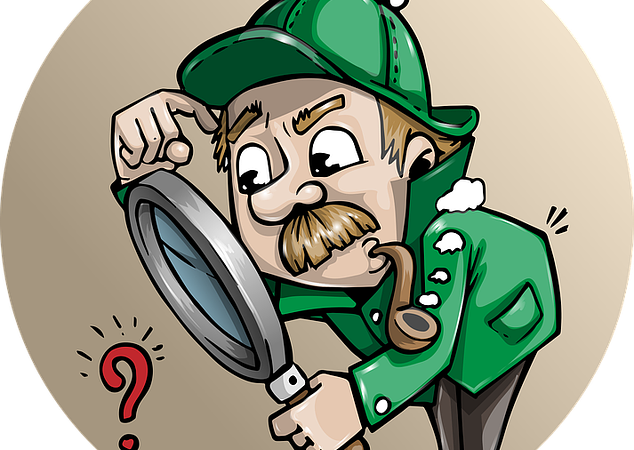Inventors and entrepreneurs frequently want to perform patent searches on their own. Finding a set of relevant documents however, can be a challenge while performing the patent search. Relying on just a keyword search, may lead to missing some potential patents. If an inventor proceeds with the patent filing process without performing an exhaustive prior art search, it may hamper the patent application at a later point, such as in the prosecution process. Hence, a thorough search involving all possible relevant techniques is always advisable.
The English language is often seen as being a pitfall in the keyword searching approach. International inventors may often translate their applications from other languages to English or vice versa when filing the application in a foreign country. This translation can often give rise to different terms whose meaning and interpretation may be altered altogether or sometimes the intended meaning, even being lost. Machine translations in this context therefore more often than not fail to give rise to the right interpretation of a technical word. A drafter may moreover draft a patent application using novel terminology to describe the invention. As a result, the prior art one is looking for may not use any of the keywords or phrases one is expecting to find. In some cases, some interesting patents can come from adjacent industries that use different terms for the same invention. In addition to this, technical abbreviations often conflict with common words and many technical abbreviations are common noise words. Thus, any professional patent searcher usually avoids relying exclusively on keyword search. Semantic search comes in as a handy tool in such scenarios.
Search tools such as ‘semantic search assistant’ help the user find similar patent families based on freely entered text. The search method is ideal for concept based search. One can simply cut and paste abstracts, summaries, claims, etc. describing a concept into the search box and the system matches queries to documents based on meaning rather than keywords. The result is a search that delivers a complete result set with less noise and fewer false positives. For example, if a user performs a search for documents using the word “bill,” then a search engine may return a list of documents that describe paid invoices, documents that describe pending legislation, and documents that describe dollar bills. The results from a semantic patent search can therefore be used to discover and explore sub topics of a concept as it finds the most relevant topics regardless of the specifics of terminology used.
Knowledge bases (such as; Ontologies, thesauri, and taxonomies) represent concepts and relationships within a particular subject area. They are used to classify structure, define or represent, and have the additional value of aiding cross-language interoperability. This can be used in semantic search for query expansion, searching by concepts instead of terms, as well as broadening and narrowing the search as it extracts every contextual relationship among every word or phrase.
A tool such as the semantic search assistant is good for both casual patent searchers and expert professional searchers as it extracts the most relevant patent documents, regardless of the terminology that the patent uses to describe a subject area. Thus, it is a good practice to perform a semantic search to capture the relevant documents that may have been missed during the keyword search.


